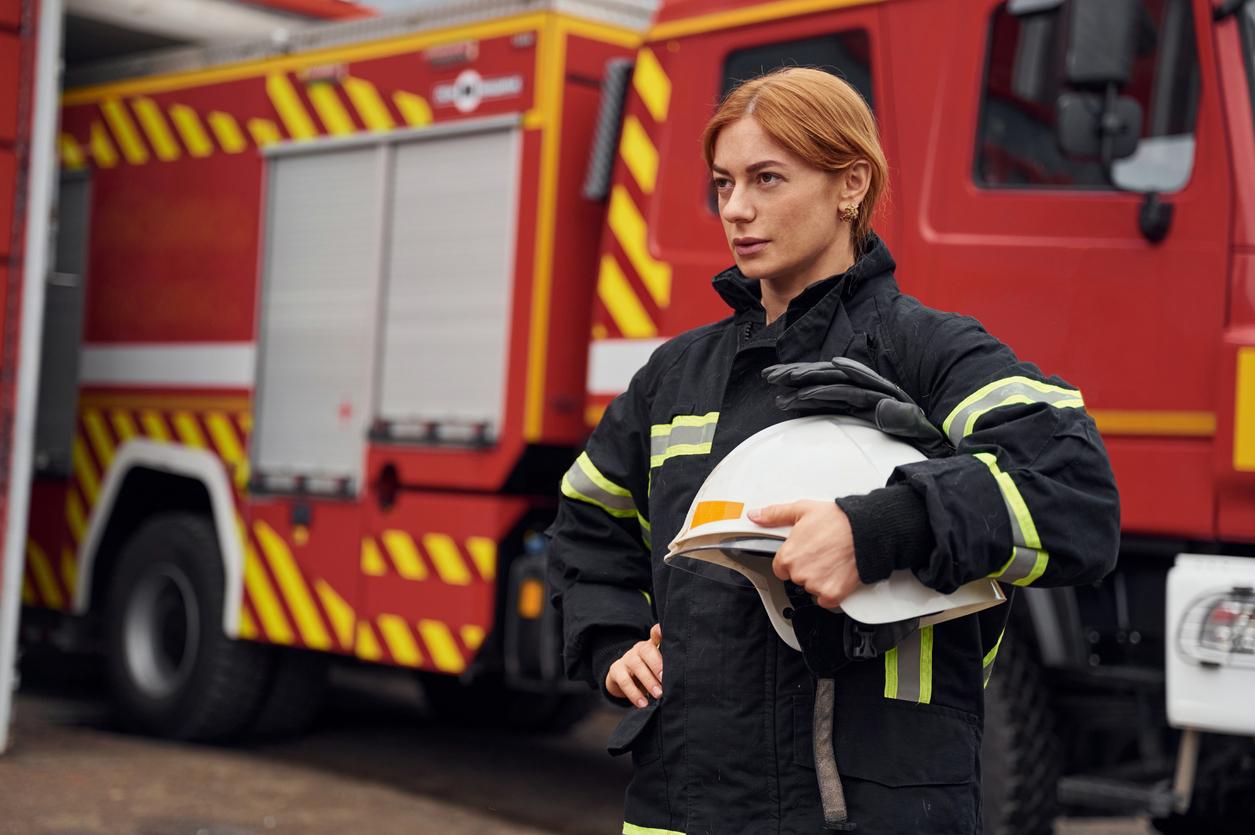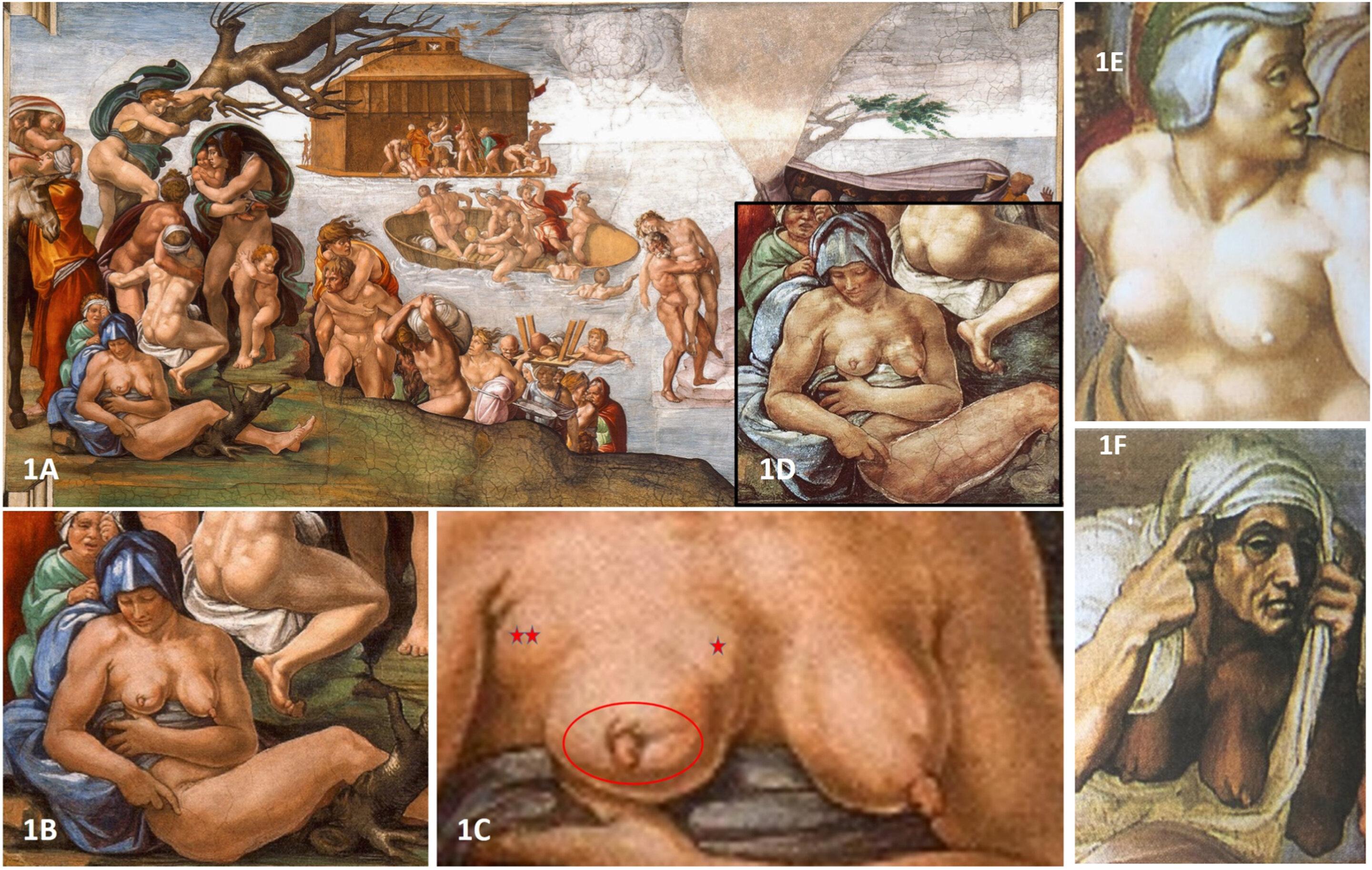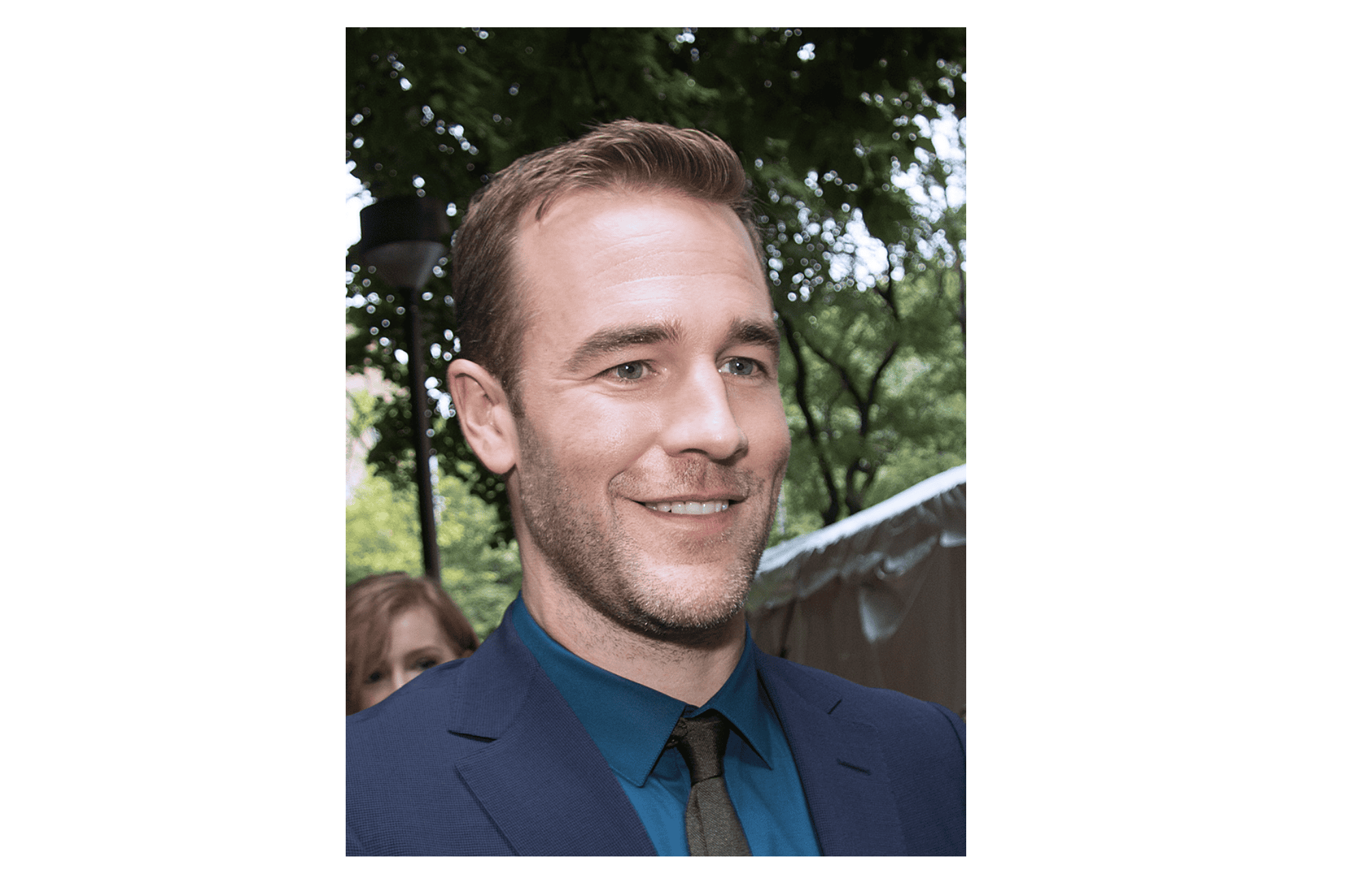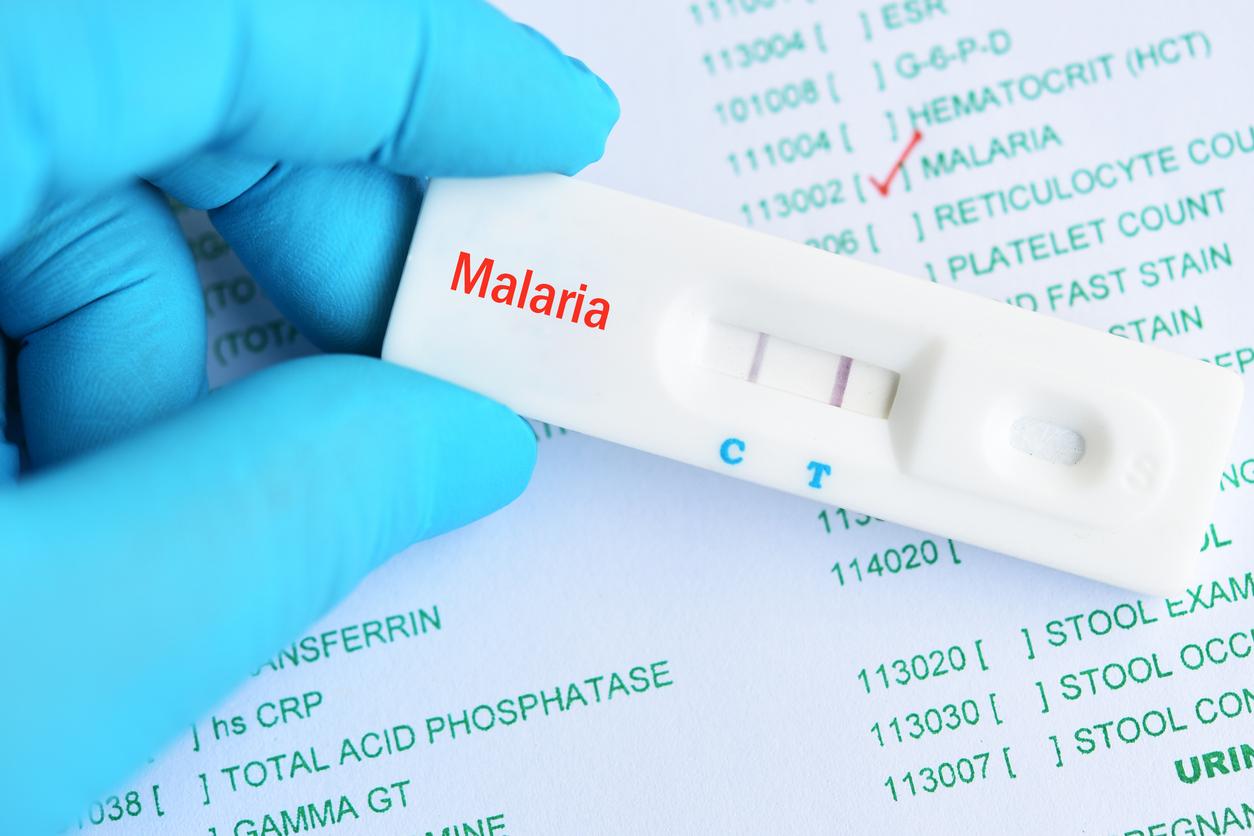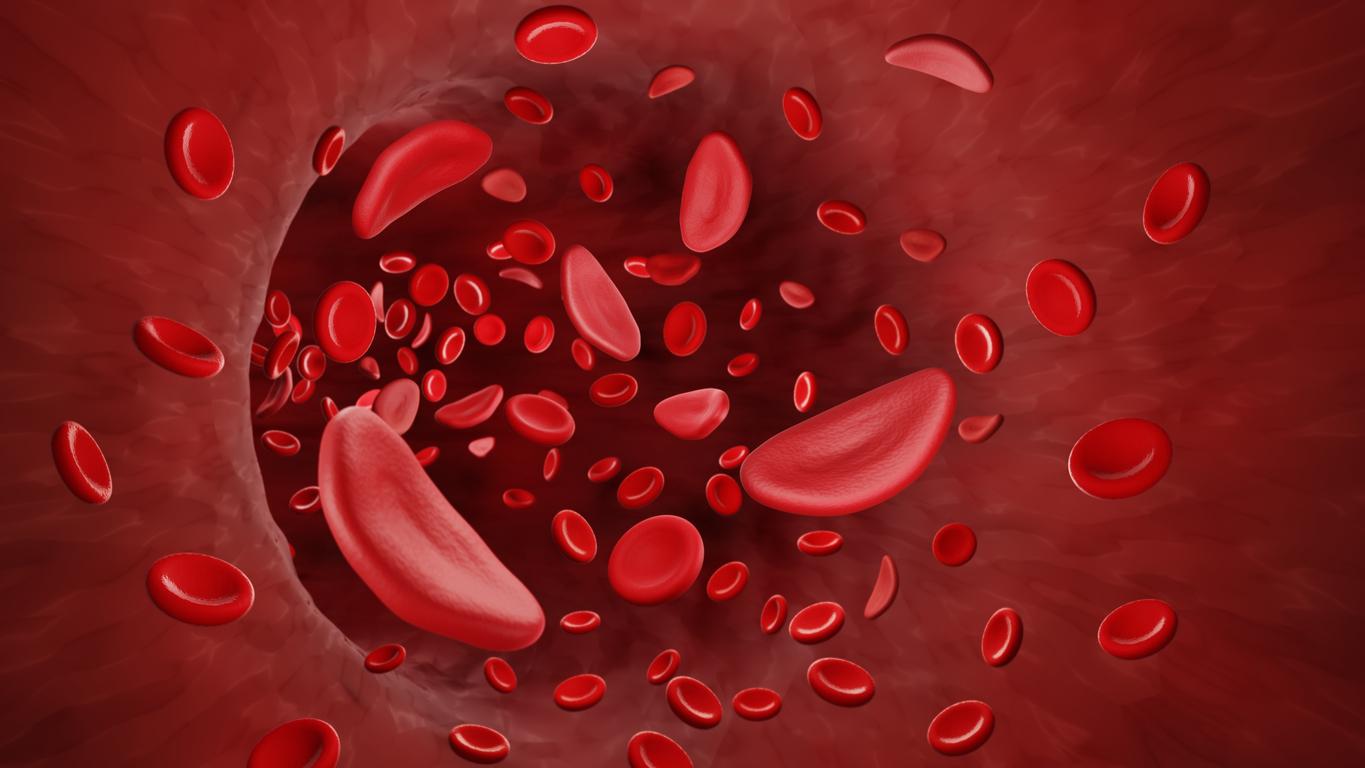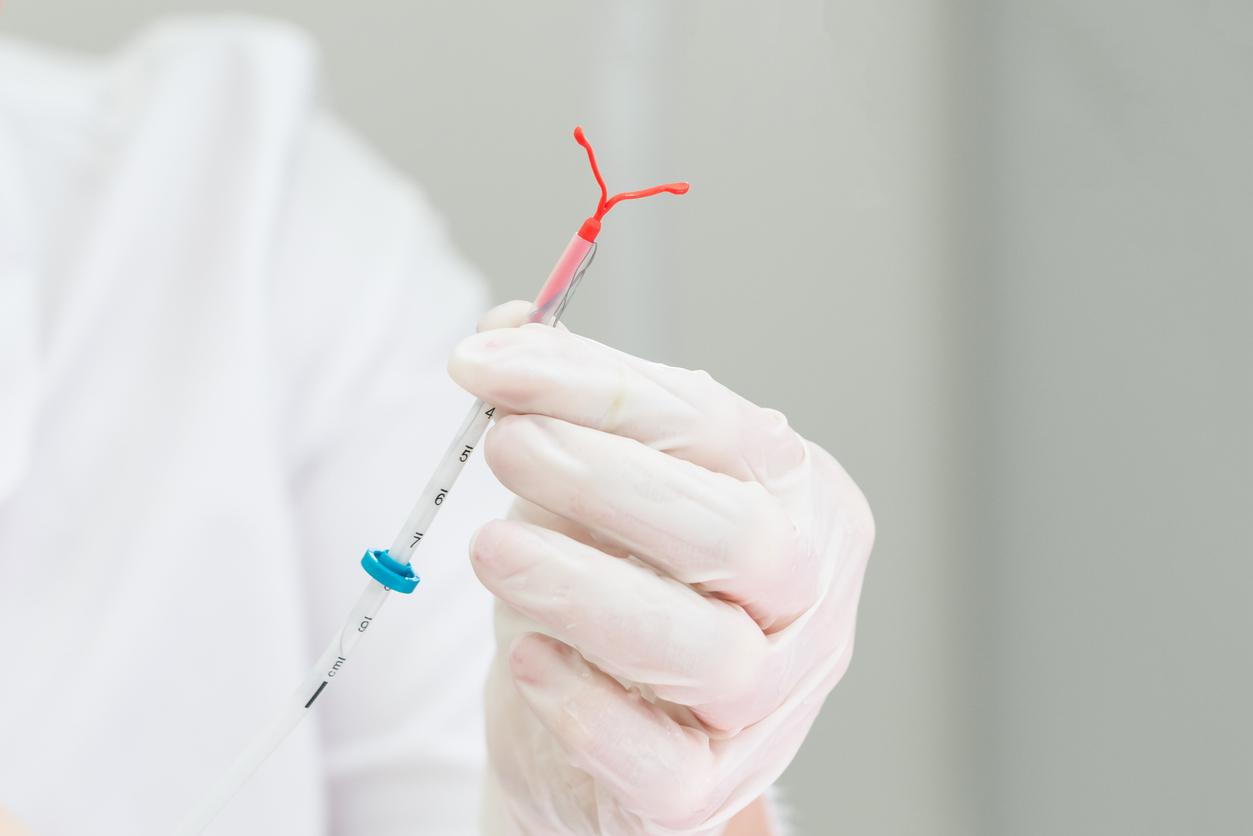To improve organized breast cancer screening, the Ministry of Health and the National Cancer Institute have asked French women for their opinion.

Since 2004, all French women aged 50 to 74 who do not present any particular risk of breast cancer have received a letter every two years inviting them to be screened. Ten years later, more than 2.5 million women have participated in organized screening, a participation rate of 52.1%. But many women still shun mammography, and therefore avoid screening that could save their lives. Breast cancer is indeed the leading cause of death from cancer in women, with more than 11,900 deaths last year, while being diagnosed early can be cured in 9 out of 10 cases.
For the Ministry of Health and the National Cancer Institute (INCa), it was therefore time to think collectively on how to develop this examination by taking into account its advantages and disadvantages, but especially the opinion of the first concerned: the women. A major national consultation was then organized on the internet.
A screening to review
Among all the women who gave their opinion, 27 volunteers aged 24 to 73 were drawn to reflect on improving this screening. For a week, they participated in round tables and hearings during which public health doctors, oncologists and breast cancer patients debated on the interest and cost of organized screening, the avenues for improvement of this examination and risk factors for cancer.
At the end of this experience, their conclusion is clear: they do not wish “to keep the organized screening policy as it is defined and applied to date. “
While one of the major objectives of organized screening is to reduce the death rate, the 27 citizens believe that improving the quality of life is not sufficiently taken into account. “Early detection should allow less burdensome care”, they judge. The volunteers also recommend that the cost of the screening be fully covered, from mammography to biopsy to ultrasound, as well as any other additional examinations. “So that the costs are not a brake, and that there be no waiver due to personal financial reasons”, they add.
A more human journey
Another point to improve: information for women. They deplore the standardization of the communication brochure attached to the letter, far from being adapted to social and cultural differences. They advise creating new supports, relying in particular on new technologies such as mobile applications, websites, videos, etc. These would, for example, make it possible to explain the progress of a mammogram or strengthen prevention. A communication which should also target both women over 50 and under 40. They also insist on the importance of providing complete, accessible, clear and neutral information (data on over-diagnosis, dangerousness of radiation, reduction in mortality, etc.) in order to allow women to make a free choice and enlightened.
Regarding the screening process, the volunteers raise that “women would like to be welcomed in a more human way and put in confidence during appointments and examinations”, adding that some of them “evoke a painful mammographic examination”, this fed the reluctance of women to get tested. Thus, the implementation of a more empathetic approach seems “essential” to them. “It is also necessary to improve support for people screened, in particular with the help of psychological follow-up. Beyond screening, it is also necessary to improve the quality of life of patients screened positive, even before a positive diagnosis, as well as that of their relatives ”, they conclude.
.









